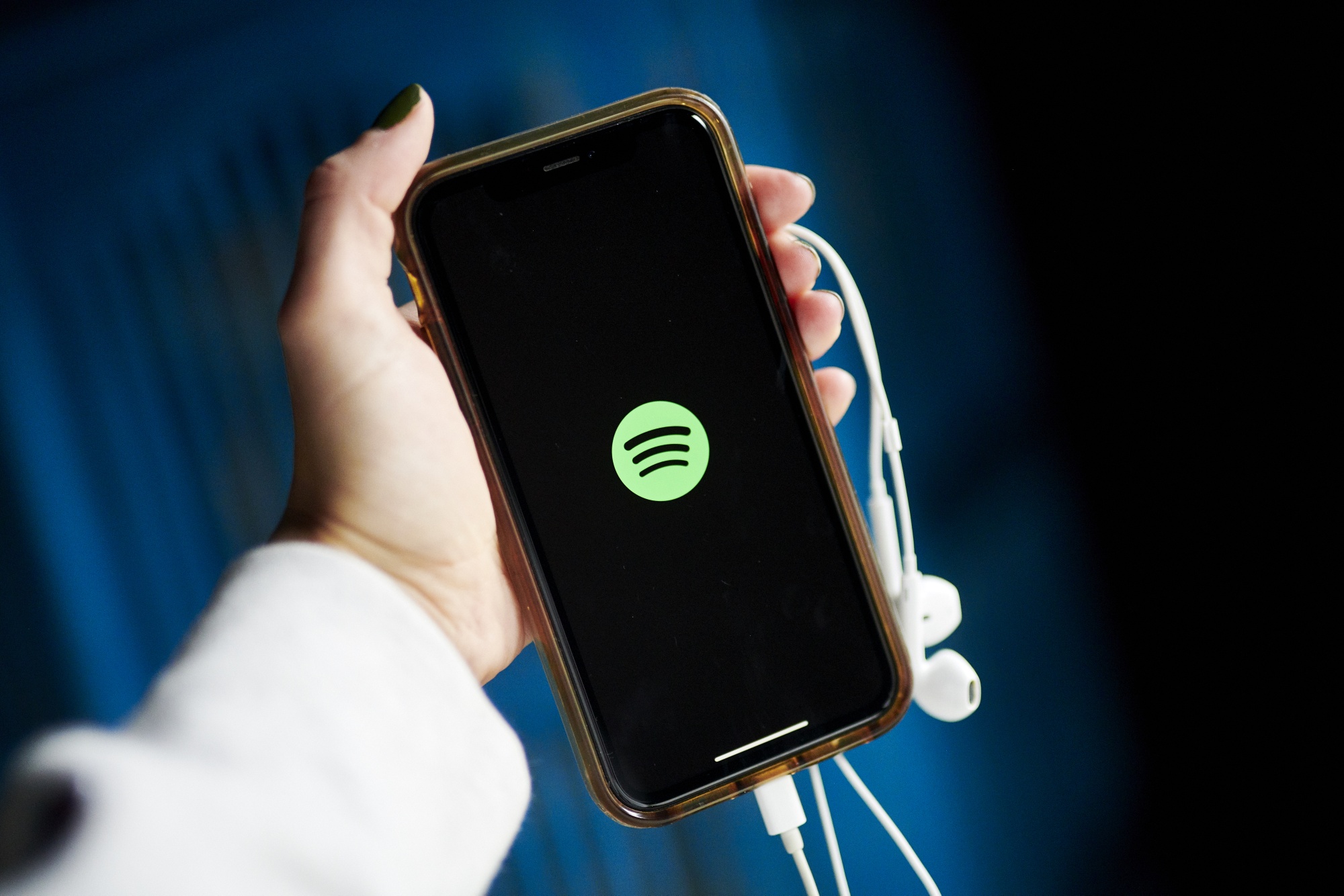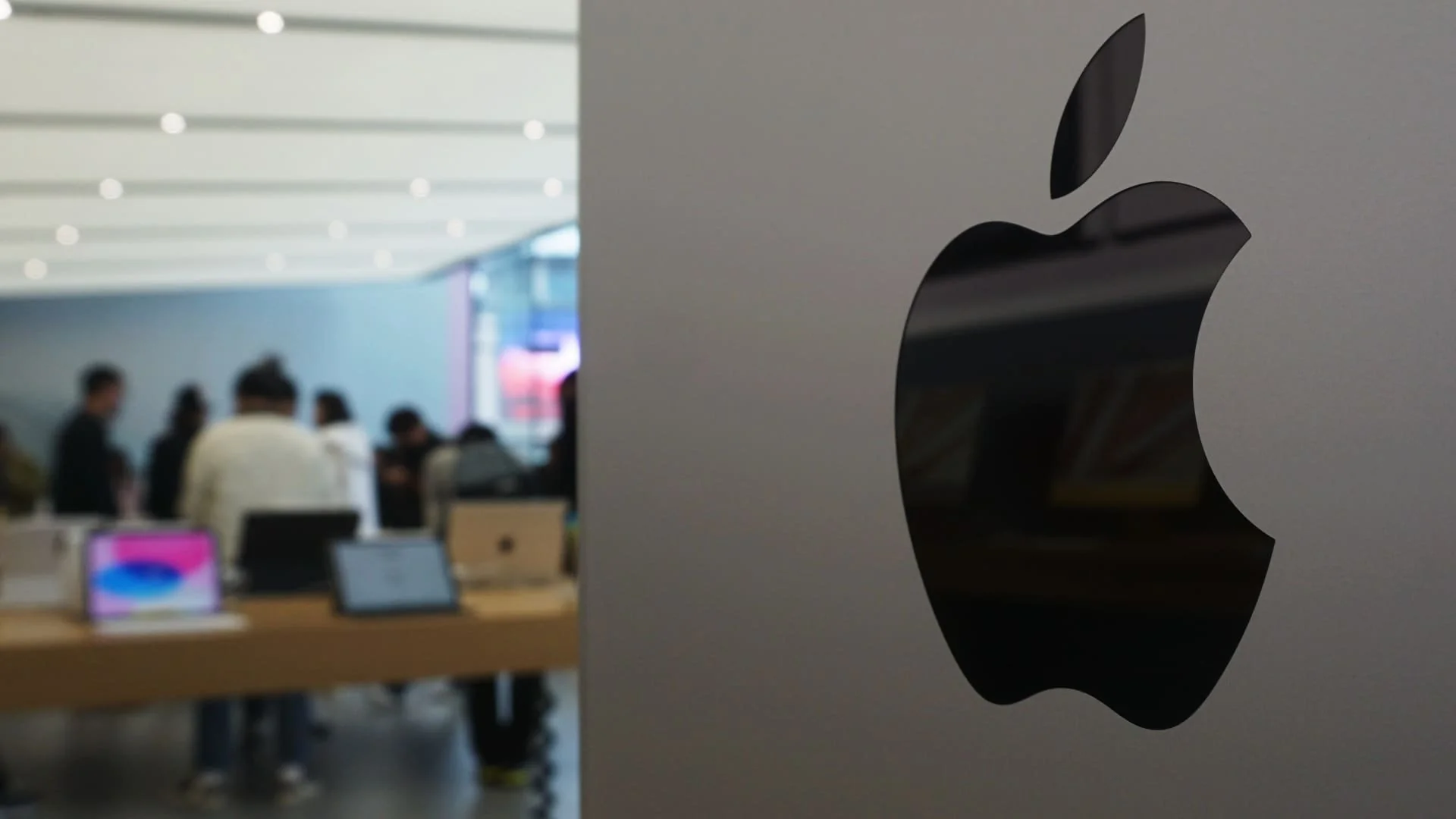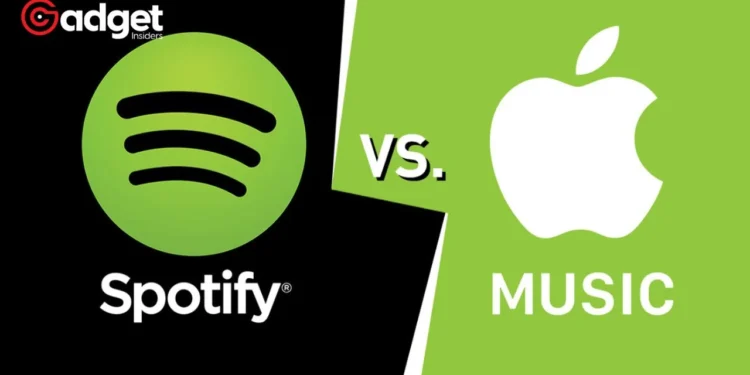In an escalating conflict that pits Spotify and Apple against each other. Apple finds itself under the microscope of the European Commission, resulting in a staggering $2 billion fine over antitrust allegations. This development comes in the wake of a complaint by Spotify, the Swedish streaming giant, challenging Apple’s stringent App Store policies.
The heart of this legal tussle lies in the broader context of digital market regulation and fair competition, with implications that stretch far beyond the confines of these two companies.
The Genesis of the Fine: Apple’s Antitrust Violations
The European Commission’s hefty fine against Apple marks a significant milestone in the ongoing scrutiny of Big Tech’s market practices. Accused of imposing restrictive App Store rules that stifle competition, Apple’s situation is emblematic of the challenges regulators face in policing the digital marketplace.
Cupertino’s defense hinges on the argument that the Digital Markets Act (DMA), a cornerstone of EU’s tech regulation, had not been fully implemented at the time of the alleged violations. Yet, this defense seems to be part of a broader narrative Apple is weaving to safeguard its business model against increasing regulatory oversight.

Cupertino’s Counterattack: Spotlight on Spotify
In an immediate riposte to the European Commission’s decision, Apple unleashed a scathing critique of Spotify, underscoring the streaming service’s dominant position in the digital music industry.
By highlighting the extensive support it has provided to Spotify, including access to crucial APIs for Siri, CarPlay, and more, Apple portrays itself as a benevolent facilitator of Spotify’s success rather than a monopolistic adversary.

The Heart of the Dispute: Spotify’s Allegations and Coordination with the EU
Apple’s assertion that Spotify seeks to “bend the rules” in its favor adds a layer of complexity to the narrative, suggesting a battle not just over market practices but over the very principles that should govern the digital economy.
Apple takes a jab against Spotify and its alleged coordination with the EU to go against Cupertino.https://t.co/Y0Hf8NpiID
— Tech Times (@TechTimes_News) March 5, 2024
Apple’s claim of no “evidence of consumer harm” challenges the EU’s stance and frames the debate around the definition and detection of anti-competitive behavior.
Looking Ahead: The Implications of the DMA and Apple’s Strategic Moves
As the Digital Markets Act looms on the horizon, Apple’s preparatory adjustments signal a strategic alignment with anticipated regulatory changes. The controversy over sideloading policies and the exclusion of iMessage from the EU’s “gatekeeper” list exemplifies the nuanced battleground on which these legal and regulatory conflicts will unfold.
Apple’s maneuvering in response to the DMA and its implications for developers and competitors alike underscores the complex interplay between innovation, market dominance, and regulatory compliance.

The Future of Digital Markets and Big Tech Regulation
The confrontation between Apple and Spotify, set against the backdrop of the European Union’s landmark fine, encapsulates the broader challenges of regulating digital markets in an era of unprecedented technological advancement and market concentration.
As these events unfold, stakeholders across the spectrum – from consumers and developers to regulators and industry giants – will be watching closely. The outcome of this battle could redefine the rules of engagement in the digital economy, setting precedents that will shape the future of tech regulation, market competition, and innovation.
In this high-stakes drama, the narratives of Apple and Spotify are more than just corporate squabbles; they are emblematic of the growing pains of a digital age grappling with the balance between innovation and fairness, profit and regulation.
As the dust settles, the tech industry may find itself navigating a transformed landscape, where the principles of competition and collaboration are rewritten for the digital era.










